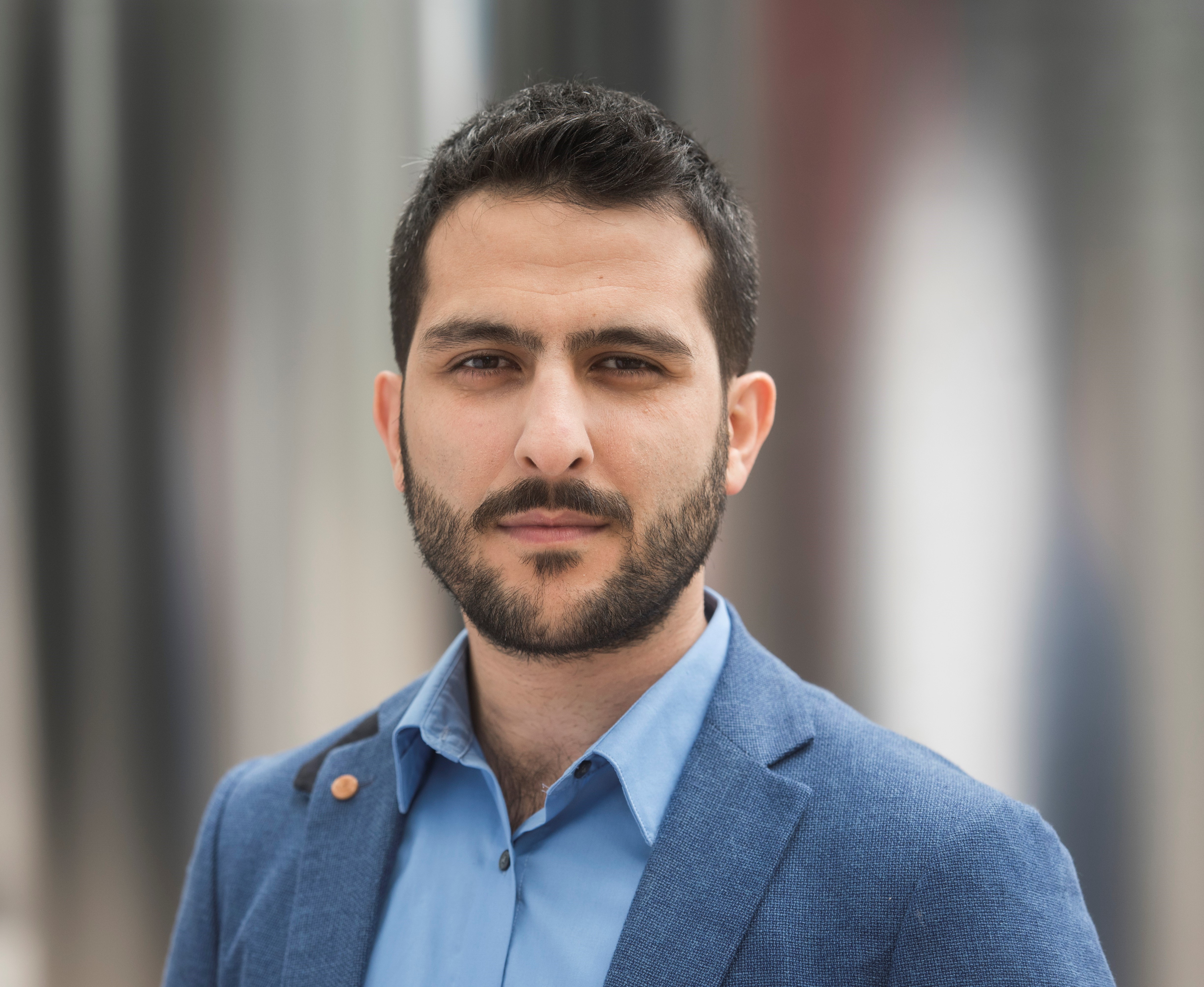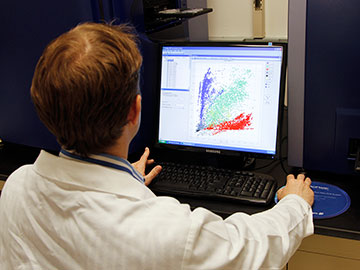
Dr. Simsekler is an Associate Professor and Associate Chair for Graduate Studies at the Department of Management Science and Engineering at Khalifa University of Science and Technology. He is also a visiting fellow at Boston Children’s Hospital (Teaching Hospital of Harvard Medical School), University College London (UCL) School of Management and ADIA Lab.
Dr. Simsekler obtained his PhD from the University of Cambridge. During his PhD, he was a visiting researcher in the Center for Medical Innovation System at the University of Tokyo and the Center for Patient Safety and Quality Research at Boston Children’s Hospital. After completing his PhD, he worked as a Research Associate at the UCL School of Management.
Dr Simsekler’s research interests span healthcare analytics and management to improve operational and safety outcomes and accelerate risk-based decision-making. Leveraging business analytics, design thinking, and systems thinking, his research focuses on AI-driven digital transformation in building high-value, human-centered, and sustainable health systems. His recent research specifically examines the intersection of human and AI-driven technology adoption in healthcare, with a focus on enhancing usability and explainability to ensure safe and inclusive use within sociotechnical health systems.
In line with his research activities, he teaches Healthcare Analytics Management, Healthcare Operations Management and Artificial Intelligence for Health Systems, Business and Society courses at undergraduate, MSc and PhD levels.
Dr Simsekler is the founder and director of the Health Systems and Management Initiative (HSMI), a platform engaging stakeholders from different disciplines and exploring innovative approaches to enhance the value of healthcare delivery. He is a member of the Institute for Operations Research and Management Science (INFORMS), the Institute of Industrial and Systems Engineers (IISE), and the European Operations Management Association (EUROMA).
Dr Simsekler is the recipient of the 2022 Outstanding Global Faculty Advisor Recognition Award from the IISE, the world's largest professional society for industrial and systems engineers.

Title: Digital by Design: Leveraging AI-Driven Transformation for Patient Safety and Inclusivity in Healthcare
This study presents the significant impact of medical errors and the potential for AI-driven technologies and systems thinking to improve patient safety and inclusivity in digital transformation.
There is a growing awareness that medical errors constitute a significant challenge harming thousands of patients globally every year. This study explores the potential role of AI-driven tools and technologies, such as machine learning algorithms, point-of-care ultrasound (POCUS) devices and decision support systems, which can proactively identify high-risk patients and facilitate risk-based decision-making in healthcare.
While patient safety is vital in this digital transformation, we also explore the role of AI in inclusivity by personalizing healthcare services in the care process, improving accessibility, addressing bias in healthcare systems, and facilitating diagnosis and treatment for people in remote or underserved areas, or with mobility or transportation issues. The study also emphasizes the importance of incorporating system thinking into digital transformation, considering various perspectives, including system, design, people, and risk in the complex and dynamic nature of sociotechnical healthcare systems.

Title: The Role of Disruptive Technologies and Risk-Based Decision-Making in Healthcare Through Systems Thinking View of Analytics
PhD Candidate: Dima Al Absi
Supervisor(s): Mecit Can Emre Simsekler (KU), Mohammed Omar (KU)
External Collaborator(s): Dr. Siddiq Anwar (Sheikh Shakhbout Medical City)
This research aims to leverage the transformative capabilities of AI predictive models, with a particular focus on improving patient care through early risk identification, especially concerning the widespread and severe condition of Acute Kidney Injury (AKI). This research aims to bridge the gap between AI's potential and its tangible impact on patient care, particularly concerning AKI. By shifting the paradigm from reactive healthcare practices to a proactive model of early risk identification and intervention through systems thinking, this research initiative is built upon three foundational pillars:
1. Development of an ML Algorithm: A machine learning-based algorithm is designed to predict and categorize patients at high risk for AKI.
2. Utilization of Bayesian Belief Networks: This project introduces an advanced analytical approach by constructing a Bayesian Belief Network (BBN) model coupled with an innovative Decision Support System (DSS). This integration facilitates comprehensive scenario analysis of AKI-related factors, offering a deeper understanding of the interactions among influencing factors.
3. Evaluating AI's Role in the Healthcare Ecosystem: Beyond the technical aspects, the research explores the integration of AI into healthcare systems. Utilizing the Systems Engineering Initiative for Patient Safety (SEIPS) model, this investigation explores the broader implications of AI adoption within existing healthcare infrastructures. By doing so, it addresses critical questions about the feasibility, scalability, and sustainability of AI in healthcare.

Title: Digital Transformation in Healthcare: A Human-centered and AI-driven Decision Support Framework for Sepsis Management
PhD Candidate: Firda Rahmadani
Supervisor(s): Mecit Can Emre Simsekler (KU), Mohammed Omar (KU)
External Collaborator(s): Dr. Siddiq Anwar and Dr. Ali Mohammed Al Shidi (Sheikh Shakhbout Medical City)
In healthcare, decision support systems (DSSs) play a crucial role in improving patient care outcomes and reducing healthcare costs by providing timely and accurate recommendations to healthcare providers. Within this context, SEPSIS, a severe medical condition characterized by the body's aberrant response to infection, presents a significant challenge. It annually affects an estimated 47-50 million individuals, with a devastating fatality rate of at least 11 million, equating to one fatality every 2.8 seconds.
This research aims to introduce a patient-centered and AI-driven decision support framework tailored explicitly for SEPSIS management. Its framework integrates system thinking with machine learning (ML) algorithms, distinguishing itself from existing approaches that predominantly focused on clinical parameters while not considering the impact of organizational factors in SEPSIS prediction. The proposed methodology addresses these limitations by capturing the temporal evolution of SEPSIS states, thus facilitating the modeling of the complex dynamics inherent to this challenge.
The overarching objective of this research project is to offer insights and solutions that not only enhance SEPSIS management but also serve as a paradigm for optimizing healthcare delivery.

Title: Future of Work in Healthcare for a Digitized Economy
PhD Candidate: Moustafa Magdi Abdelwanis
Supervisor(s): Mecit Can Emre Simsekler (KU), Andrei Sleptchenko (KU), Mohammed Omar (KU), Adriana Gabor (KU)
The global COVID-19 pandemic has been an unprecedented disruptor, reshaping every facet of our lives, including the workforce in healthcare. Therefore, it has become imperative for healthcare organizations and decision-makers to proactively assess and understand the evolving trends that are impacting the dynamics of the workforce and their resilience.
One significant consequence of the pandemic has been integrating emerging technologies, most notably Artificial Intelligence (AI), into the healthcare sector. However, the journey towards a resilient and sustainable healthcare system, Healthcare 5.0, is marked by complex challenges. These challenges include organizational changes, complex technological adaptations, regulatory adjustments, financial considerations, and the critical need for cultural transformations.
In response to these dynamic shifts, it is vital for decision-makers and healthcare providers to establish robust policies and protocols that place patient-centric, technology-driven healthcare systems at the forefront of their strategies. These systems are essential for overcoming the barriers posed by the contemporary healthcare landscape.
This research represents a key step towards supporting decision-makers with the insights needed to navigate the impact of emerging technologies on jobs and skill sets within the healthcare industry. Through the application of data analytics, systems thinking, visualization techniques, and machine learning algorithms, this study comprehensively evaluates the job analysis framework in healthcare. The findings of this research aim to serve as a roadmap for policymakers, enabling them to guide organizational transformations that support digital health.
Ph.D. candidates and holders with healthcare analytics and management interests are welcome to contact me to discuss potential research opportunities. Prospective students are encouraged to review the admission page for details on the application process, timeline, and requirements.